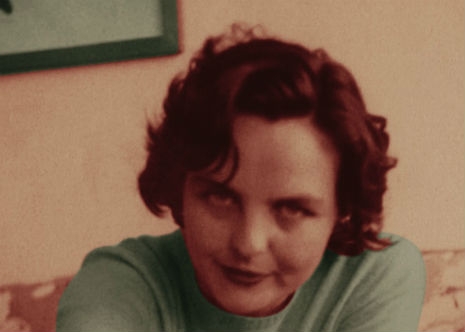
As the radical writer and journalist, Jessica Mitford described it in her second volume of autobiography, A Fine Old Conflict, the American Communist Party (“like any good organization”) required information from its members for their “forms and charts.”
There were forms for new members seeking data on Class Origin, Age, Extent of Marxist Reading, Activity in Mass (meaning non-Party) Organizations; there were forms for dues payments and Monthly Sustainers; there were even forms for requesting temporary withdrawal from activity.
This information was the basis for conclusions, criticisms and campaigns organized by the Party. It was useful, but all too often the data ended up the desks of the F.B.I.
Not long after Mitford joined the Party in San Francisco, a new form was requested. This was at a time when various rival factions were edging each other for power. One faction (or “factionalists” as Mitford called them), wanted more proletarians (in other words people like themselves) at the top of the Party. This group insisted that the new form should list the occupation and class of Party members’ antecedents. This was a touchy subject for the upper class Mitford, when considering her privileged forebears.
Her grandmother, for example:
There were stories about her, of course, the usual family legends; that out of fastidiousness she refused to touch any coins until they had been scrubbed clean and polished by the footmen; that she had once laid a booby trap for King Edward when, invited by Grandfather to stay at Batsford, he had brought his current mistress along and disapproving Grandmother had arranged for strings of slop pails to be placed strategically each night between the bedrooms of King and mistress…
But how to describe her “occupation? Union? Class?” It was difficult enough to be politically circumspect about the relatives, but how would Mitford describe herself? A co-worker suggested that she call herself as an “Intellectual”:
An amusing idea, I thought, remembering the scorn in which intellectuals were held by my parents, but that would hardly solve the problem. I had noticed that the term intellectual was used loosely, to say the least, in the Party, probably because to be bourgeois but intellectual like Lenin, Engels, Marx, was OK, whereas to be bourgeois tout court was not.
Recalling that her father had a gold mine in Canada, and that her grandfather’s Japanese gardens at Batsford was a tourist attraction, Jessica “fleetingly” considered listing them as “Miner” and “Gardener” respectively.
Domestic would do nicely for all three females, I reflected (for they were a domestic lot in the adjectival sense), and for my mother’s father, who owned a yacht, Sailor.
Thankfully, the possible embarrassment was avoided, as Mitford was “absolved” from completing the form, so long as did all in her “power to overcome the handicaps of birth and upbringing.”
Jessica Mitford was a heroine to the likes of Christopher Hitchens and J. K. Rowling, who had been inspired by “Decca” after reading a copy of her first volume of autobiography, Hons and Rebels , at the age of fourteen. Rowling also named her daughter after the author.
Here, we can see why Mitford, the radical campaigner, writer, journalist, and essayist, was such an inspiring character, in this interview with award-winning, investigative journalist, John Pilger, on The Outsiders, from 1983.